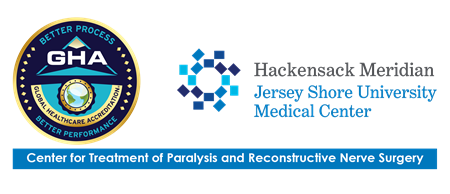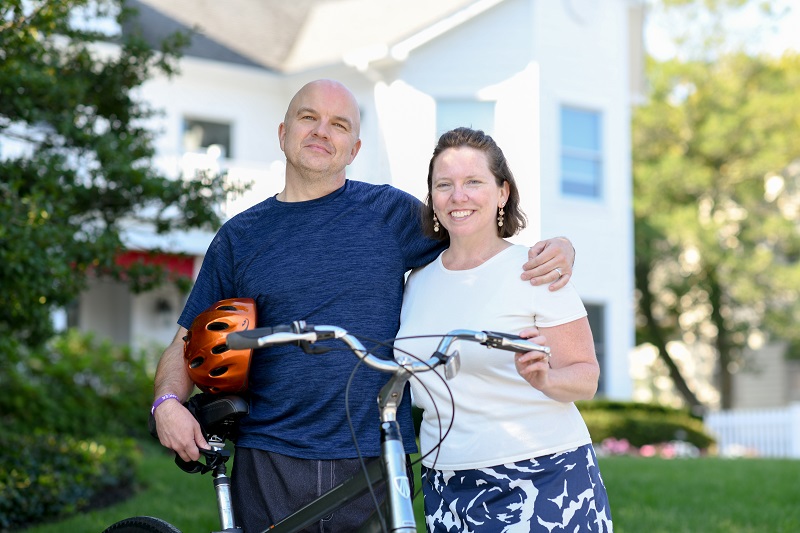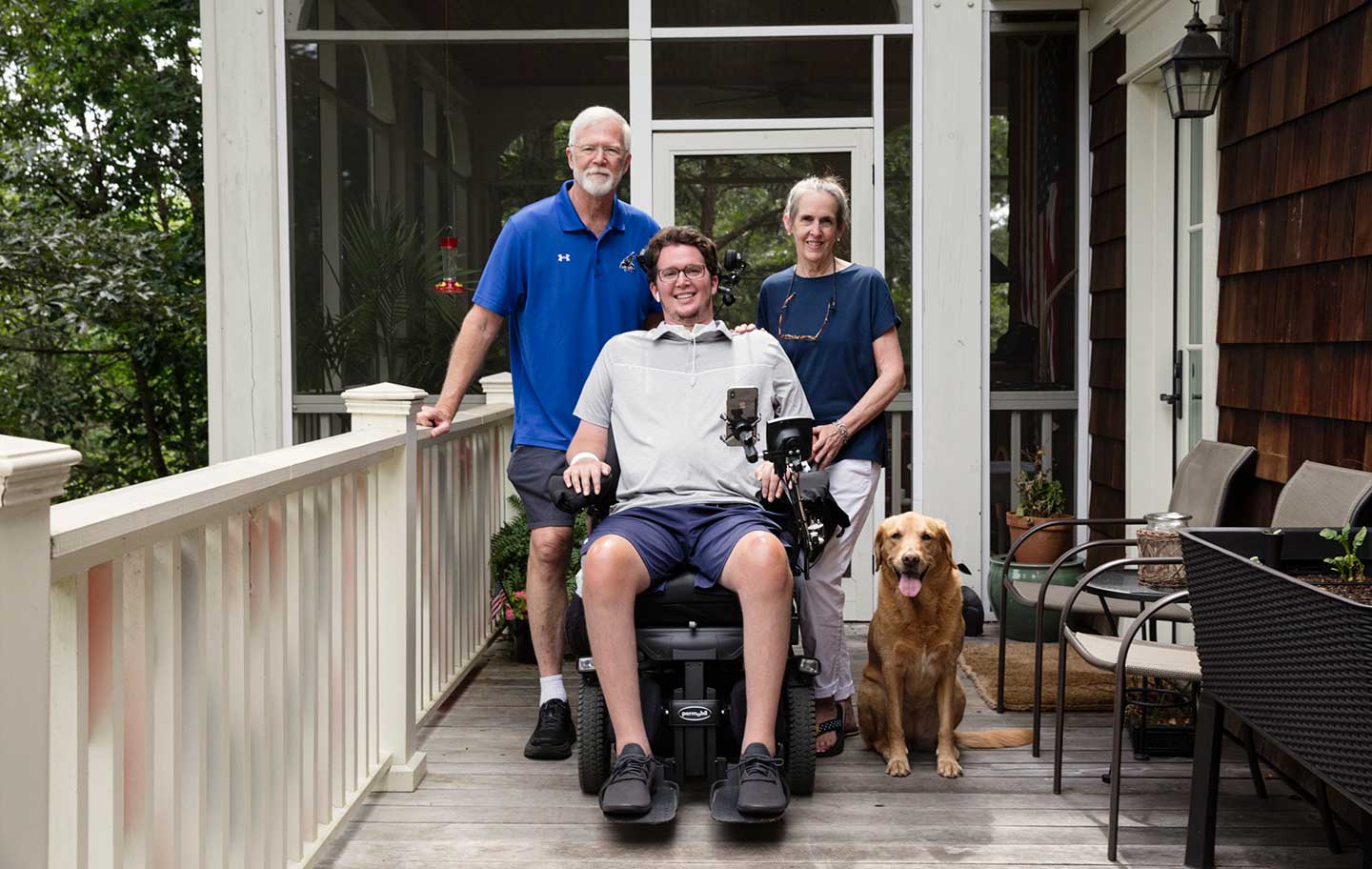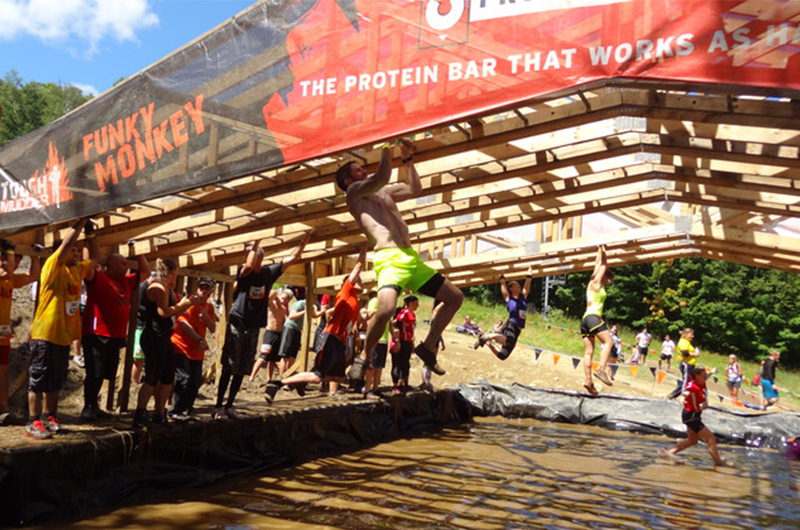

Center for the Treatment of Paralysis & Reconstructive Nerve Surgery
Plan Your Visit
Hours
MondayCall for hours
TuesdayCall for hours
WednesdayCall for hours
ThursdayCall for hours
FridayCall for hours
SaturdayCall for hours
SundayCall for hours
Contact
Phone
Interested in scheduling an appointment?
Providers at this LocationLocation Summary
At the Center for Treatment of Paralysis and Reconstructive Nerve Surgery at Jersey Shore University Medical Center, we’ve created a world-class team, using advanced surgical treatment options for patients with nerve damage and paralysis due to a condition, traumatic injury or surgery. We have helped thousands of patients around the world with debilitating conditions, reclaim their lives through highly specialized nerve surgeries.
Why Choose Us
We are among the few centers in the world that specialize in many of these procedures. Thousands of patients from all over the world have traveled to Jersey Shore University Medical Center to find relief from these debilitating conditions. Matthew Kaufman, M.D., pioneered the life-changing phrenic nerve reconstruction procedure that reverses diaphragm paralysis and restores breathing functionality.
We’re experts in performing diaphragmatic pacemaker surgery, which helps patients breathe independently, without long-term ventilator support. These procedures have brought successful outcomes to 89% of patients.
Our surgeons are also amongst the few in the world to specialize in brachial plexus nerve surgeries and nerve decompression surgery for neuropathy.
We offer hope to those for whom all other treatments have failed or who have been told “nothing can be done.”
Care Coordination for Traveling Patients

The Center at Jersey Shore University Medical Center treats patients from around the U.S and throughout the world and has been recognized for excellence in caring for our traveling patients through attaining the prestigious Global Healthcare Accreditation (GHA) for Medical Travel Services. We understand the difficulties of managing your health care alone, especially far away from home. We offer virtual visits and remain in close contact with patients’ providers in their home states or countries to ensure well coordinated care. We also offer Concierge Care, a complimentary service that caters to patient and guest requests, including hotel reservations, transportation and language assistance.
Learn more about our Global Health Program for patients wishing to access our treatment and care from other countries.
Services Offered
Patient Stories

Surgical Intervention Helps Man Breathe Easier After Accident
A collapsed lung and paralyzed diaphragm brought David Shaw’s life to a standstill. normally. Phrenic nerve surgery got him breathing normally again and enjoying an active life.

Breathing Again After Spinal Cord Injury
Regain breathing after spinal cord injury. Learn about groundbreaking phrenic nerve surgery & improve your quality of life. Find hope & recovery.

A Paralyzed Diaphragm Couldn’t Stop This Marathon Runner
Paralyzed diaphragm? Jersey Shore University Medical Center offers hope. Dr. Kaufman helped Adam Wernow resume running. Learn more and schedule an appointment.
Meet the Team
At the Center for the Treatment of Paralysis & Reconstructive Nerve Surgery at Jersey Shore University Medical Center, you will be cared for by a team of expert, board-certified physicians led by Matthew Kaufman, M.D.